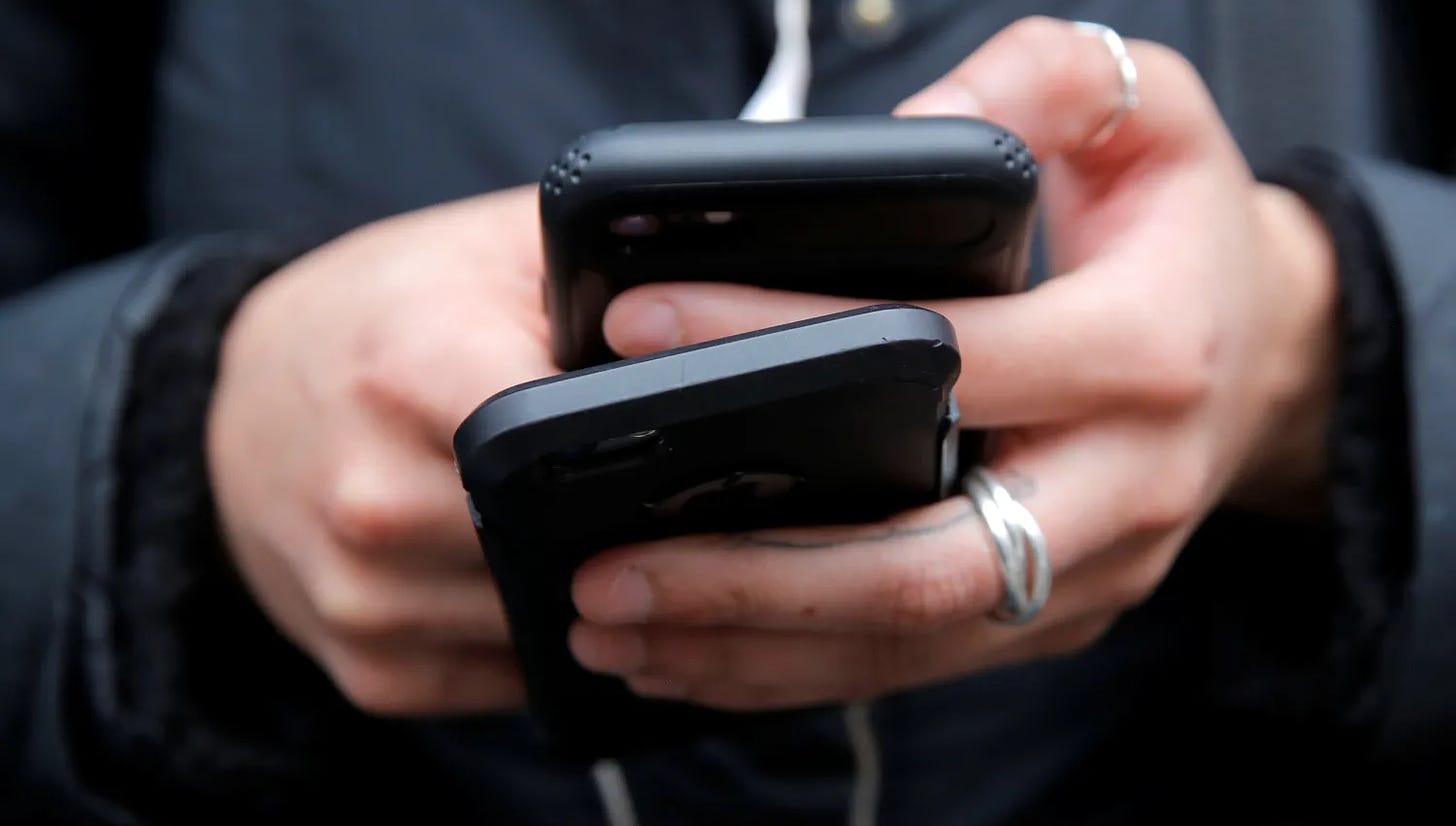Cell Phone Cloning: CIA Overview
Cell Phone Cloning is a technique wherein the identity of one mobile phone is duplicated onto another. This procedure is complex, often involving the unauthorized transfer of unique identifiers from one cellular device to another.
Though its misuse can lead to criminal activities, intelligence agencies like the CIA have found applications in intelligence operations.
What is Cell Phone Cloning?
Cell Phone Cloning involves copying the International Mobile Equipment Identity (IMEI) number and the Mobile Identification Number (MIN) from a legitimate user's mobile phone to another. The cloned phone will then function identically to the original.
Cloning Process
1. Acquisition of Identifiers: Using specialized software, the criminal or operative obtains the unique identifiers of the target's phone.
2. Transfer of Data: The IMEI and MIN are transferred to another phone using various software tools.
3. Duplication: The receiving phone is now essentially a duplicate of the original, receiving calls and messages intended for the legitimate device.
How the CIA Uses Cell Phone Cloning
In intelligence operations, cell phone cloning may be used with extreme caution and within legal boundaries to monitor and gather intel. Here's how:
Surveillance: Cloning can allow an operative to intercept communications from a person of interest, enabling the monitoring of calls, messages, and other sensitive data without the subject's awareness.
Misdirection: By utilizing a cloned phone, an agent can create false leads or provide cover for other operations.
Evidence Gathering: Cloning can be a tool for legal and justified collection of evidence in an ongoing investigation.
Ethical Considerations
The CIA's use of this technology would be strictly governed by laws, policies, and oversight committees. Cloning without proper authorization could lead to severe legal consequences.
Cell Phone Cloning, though fraught with potential for abuse, has its applications in the world of espionage and intelligence. It provides the CIA with a potent but controversial tool that demands the utmost discretion, careful planning, and adherence to legal constraints. The efficiency and effectiveness of this tradecraft lie in the wisdom and restraint with which it's employed.
In my professional opinion, the application of cell phone cloning in intelligence gathering requires a delicate balance between operational necessity and ethical boundaries. Its utilization should be limited to scenarios where it serves the national interest, under the strict oversight of legal and regulatory authorities.
In the hands of responsible operatives, cell phone cloning can be a vital component in safeguarding national security.




